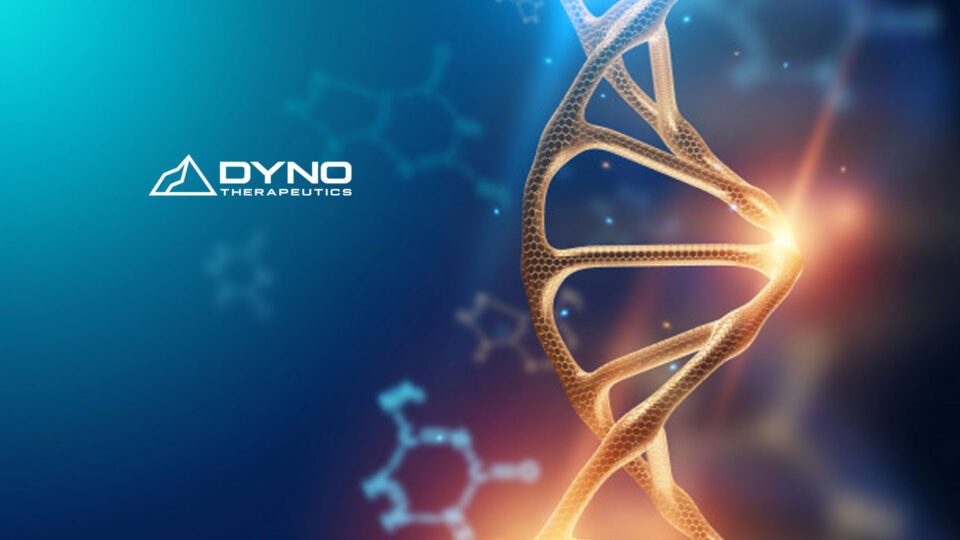Scientific leaders bring deep expertise in machine learning and AAV gene therapy
Dyno Therapeutics, a biotech company applying artificial intelligence (AI) to gene therapy, today announced the expansion of the company’s Scientific Advisory Board (SAB) with the addition of Debora Marks, Ph.D., of Harvard Medical School and the Broad Institute, and Nicole Paulk, Ph.D., of the University of California San Francisco.
Dr. Marks and Dr. Paulk will play an instrumental role in providing scientific insight and expert guidance, complementing the company’s diverse and interdisciplinary team that is focused on applying machine learning to Adeno-Associated Virus (AAV) capsid engineering for improved gene therapy delivery. They join existing members of Dyno’s SAB, George Church, Ph.D., Robert Winthrop Professor of Genetics at Harvard Medical School and a Core Faculty member at Harvard’s Wyss Institute for Biologically Inspired Engineering, and Tomas Bjorklund, Ph.D., Associate Professor of Neuroscience at Lund University.
“We are honored and delighted to welcome Professors Debora Marks and Nicole Paulk to Dyno’s SAB. These preeminent scientists bring world-leading expertise in the areas of machine learning and AAV gene therapy which will accelerate Dyno’s design of best-in-class capsids that solve unmet medical needs,” said Eric Kelsic, Ph.D., co-founder and CEO of Dyno Therapeutics. “Debora offers unique insights based on her pioneering work applying machine learning to protein structure and design. Nicole’s deep scientific expertise in AAV gene therapy research, development and manufacturing will be invaluable for guiding our platform to generate products that help millions of patients.”
Debora S. Marks, Ph.D. is an Associate Professor of Systems Biology at Harvard Medical School, and an Associate Member of the Broad Institute of Harvard and MIT. Dr. Marks has led a distinguished career in academia and industry, and is an expert in the application of machine learning algorithms for protein design and engineering. She earned her B.Sc. in Mathematics from the University of Manchester, U.K., and her Ph.D. in Mathematical Biology from Humboldt University, Germany.
Dr. Debora Marks commented, “I’m very excited to start working with Dyno’s world-class team and I’m particularly impressed by Dyno’s use of machine learning as a systematic approach to solving gene therapy’s biggest challenge: efficient, safe and precise gene delivery to target tissues.”
Nicole Paulk, Ph.D. is an Assistant Professor of AAV Gene Therapy at the University of California San Francisco Department of Biochemistry & Biophysics. She is a pioneer in next-generation AAV gene delivery and gene editing platforms. She has developed therapies for gene repair and gene transfer for numerous rare diseases, and has applied high-throughput comparative proteomic and epigenomic approaches to address challenges in fundamental AAV biology. She earned her B.S. in Medical Microbiology from Central Washington University, and her Ph.D. in Viral Gene Therapy from Oregon Health & Science University.
Dr. Nicole Paulk said, “I am eager to contribute my expertise to Dyno’s efforts to design novel AAV vectors that overcome the limitations of current vectors, ultimately to expand the opportunities for gene therapy to help more patients.”
For more such updates and perspectives around Digital Innovation, IoT, Data Infrastructure, AI & Cybsercurity, go to AI-Techpark.com.

